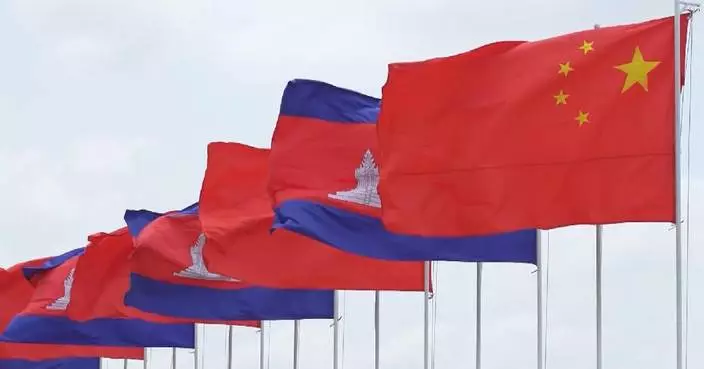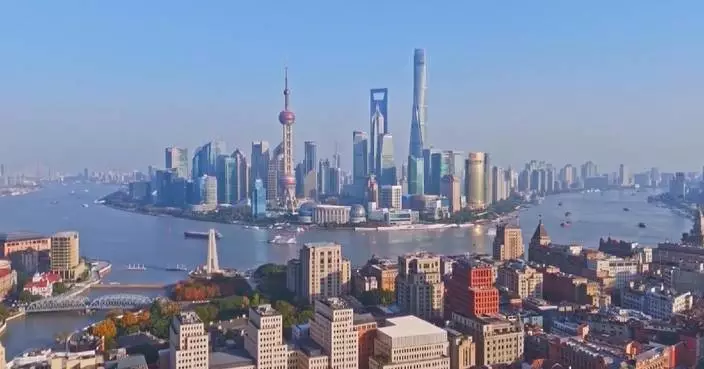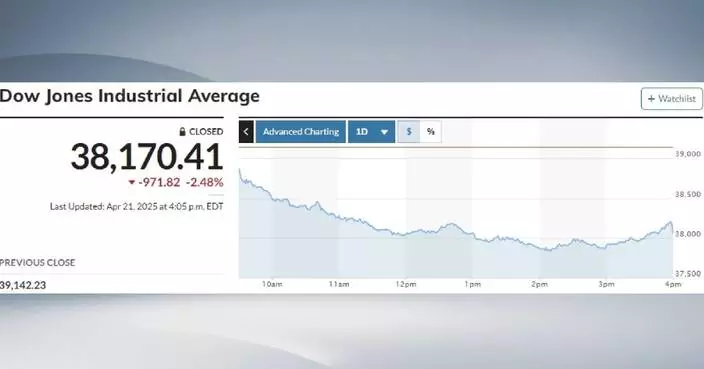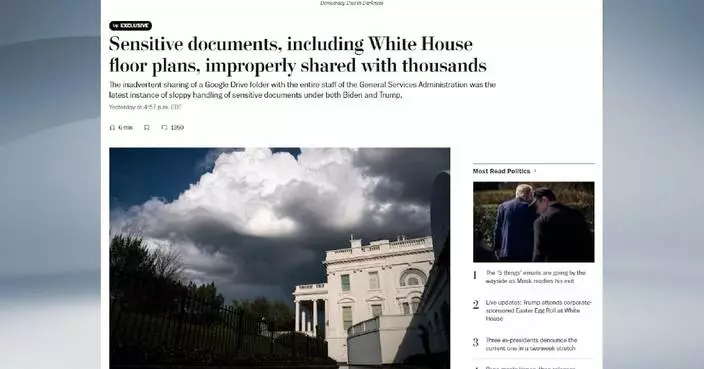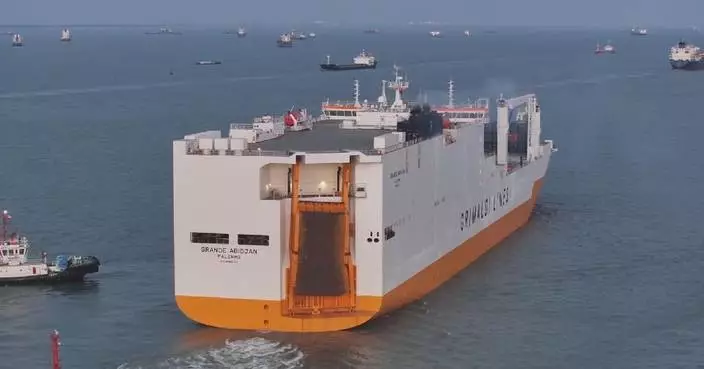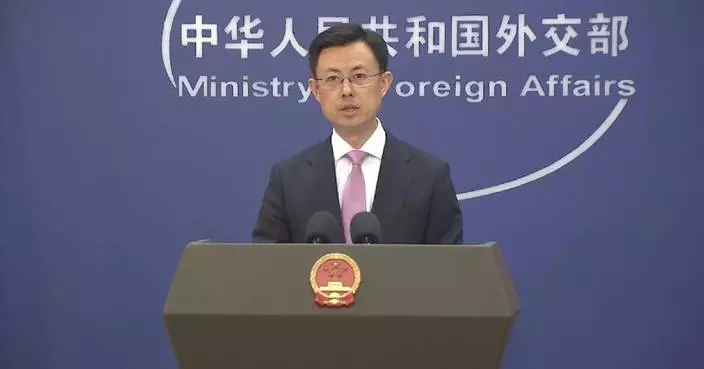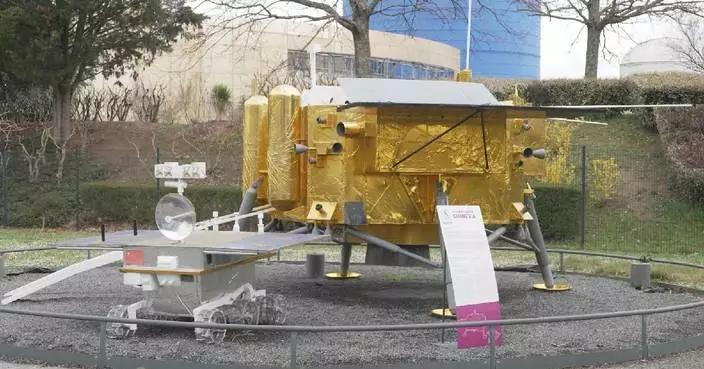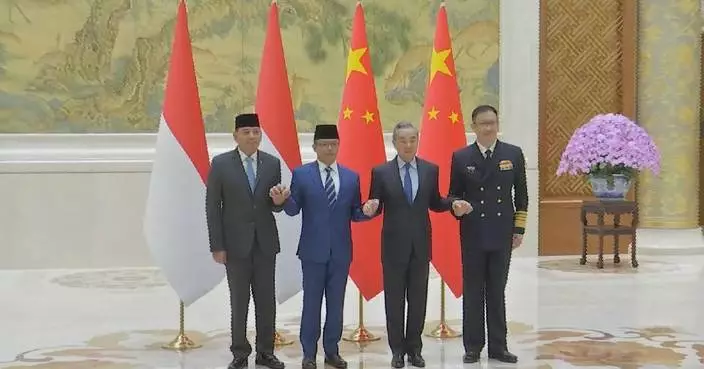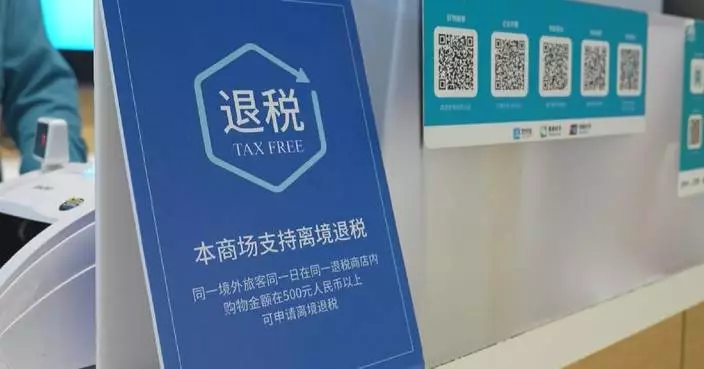China has stepped up efforts to promote agricultural modernization, with big data systems and agricultural machines being put into use.
This spring, batches of new crop varieties have been grown in different parts of the country according to their own conditions.
In Beijing, a big data-empowered crop variety selection platform has been put into large-scale application for the first time.
It divides China's major corn-producing areas into more than 60,000 grids, each of which is roughly 5km x 5km.
With the help of satellite remote sensing technology and agricultural environmental algorithms, the system can find the ideal growth area for new corn varieties.
"This spring, we have released a total of 10 new (corn) varieties to the northeastern and Huang-Huai-Hai regions. With the help of our independently-developed corn variety positioning system, we can accurately draw up a map detailing locations suitable for growing each variety of corn," said Song Weibo, the head of the science and technology innovation department at China National Seed Group.
In addition, advanced agricultural machinery and equipment have been put into use across the country to improve agricultural productivity.
In Pukou District, Nanjing City, east China's Jiangsu Province, technicians have been testing a newly-developed drone.
The drone, which is equipped with a voice recognition system, can take off and perform tasks above farmland, once the operator issues an instruction verbally.
In Haining City, east China's Zhejiang Province, an AI model has been used in spring farming activities.
As early as a year ago, massive agricultural data have been incorporated into the model. Now it can provide suggestions on farming activities in just a few seconds.
"China is speeding up its transition from imitation to independent innovation, in terms of agricultural science and technology innovation. New quality productive forces in the agricultural area are accelerating the empowerment of traditional farming activities, with land output rate, labor productivity and resource utilization efficiency being greatly improved," said Tu Shengwei, a researcher of macroeconomic research institute at National Development and Reform Commission (NDRC).

China promotes agricultural modernization with advanced machinery, technology
The United States has long been the major external factor affecting Haiti's security, stability, and development, said Geng Shuang, China's deputy permanent representative to the United Nations, on Monday, who also condemned the U.S. for exacerbating Haiti's economic challenges by imposing sweeping tariffs.
Speaking at a UN Security Council meeting, Geng expressed China's deep concern over Haiti's worsening crisis and rampant gang violence, its near-collapse state, and the desperate situation of its population.
For over a century, the United States has blatantly deployed troops, installed puppet governments, and manipulated Haiti's constitution, entrenching itself in Haiti's political affairs, said Geng.
He noted that just a year ago, the United States orchestrated the current political transition arrangements in Haiti. However, following a shift in its own government, the United States has turned a blind eye to that very transition, leaving Haiti mired in internal conflict and turmoil.
According to Geng, the United States has always been the main source of weapons for Haiti, allowing illegal weapons to flow into Haiti from Florida.
In October 2023, the United States spearheaded the formation of the Multinational Security Support Mission, pledging financial support. However, in the past year and more, its actual contributions have been relatively limited. At one point, the Untied States even attempted to convert the mission into a UN peacekeeping operation, citing a lack of funds, said Geng.
This is an apparent act to shift the burden onto the UN and its member states, treating them as little more than an ATM machine, Geng added.
Geng also highlighted the U.S. role in undermining Haiti's development.
While professing support for the Haitian people, the United States has significantly cut foreign aid and continued deporting Haitian immigrants on the pretext of national priorities when Haiti is in dire need of support, said the Chinese envoy. "What is even more shocking is that not long ago, while the United States defied world opinion by imposing sweeping tariffs on all trade partners, it also extended its so-called baseline tariff of 10 percent to Haiti, one of the world's least developed countries as defined by the UN. This act of unilateralism, protectionism, and economic bullying is not just aimed at the so-called competitors like China. It has also inflicted damage on a nation teetering on the edge of collapse, such as a fragile country like Haiti, where the people are in dire straits. This is not only cruel and absurd, but also profoundly heartbreaking," said Geng.
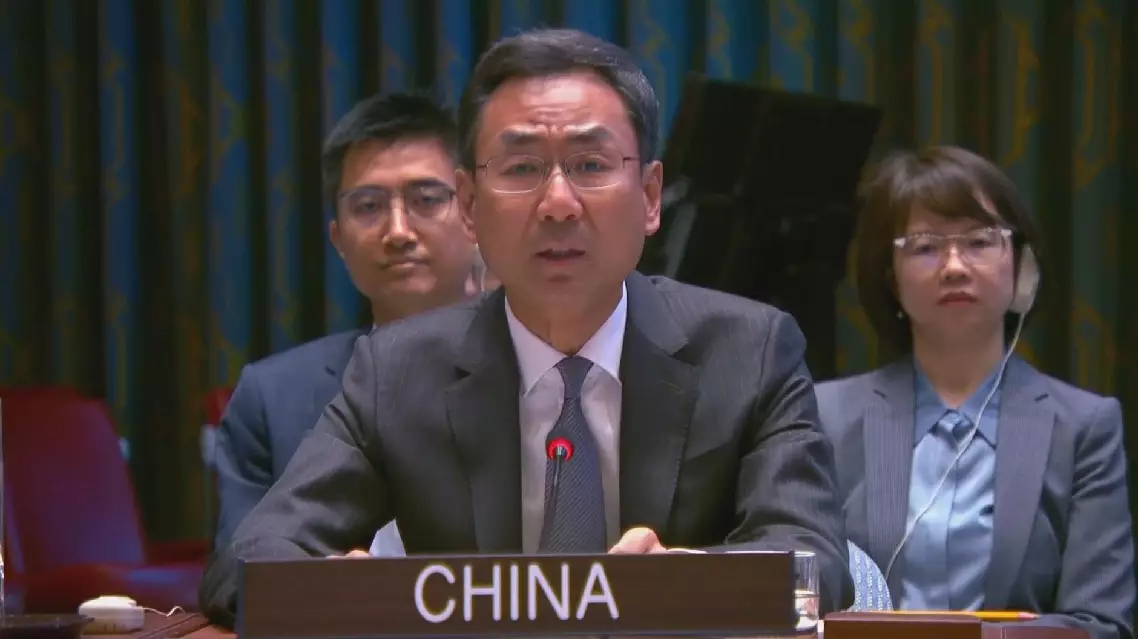
Chinese envoy slams US for negative role in Haiti's crisis





